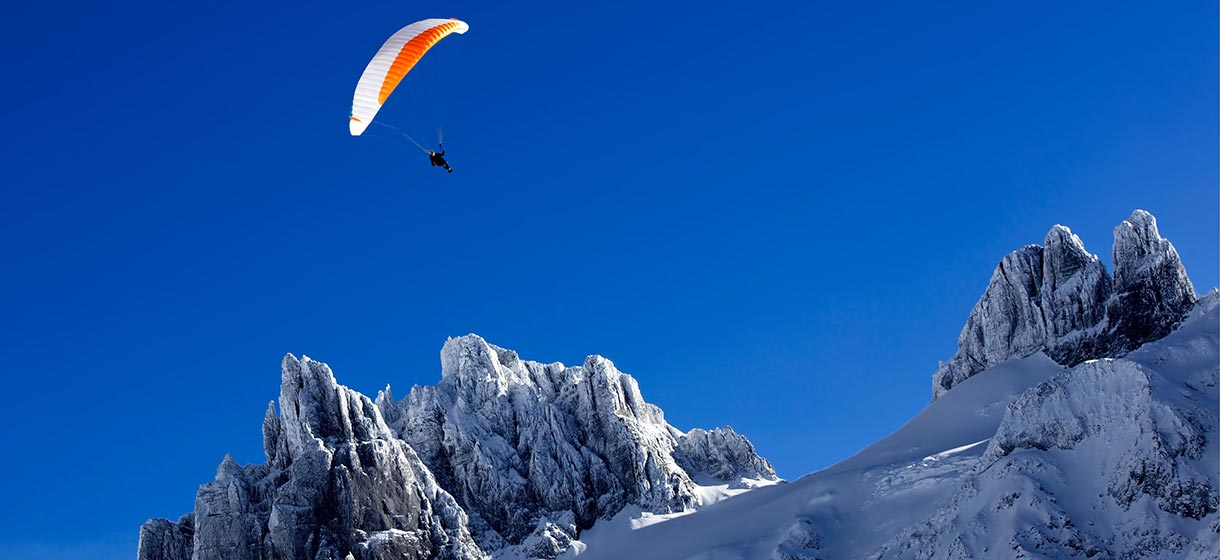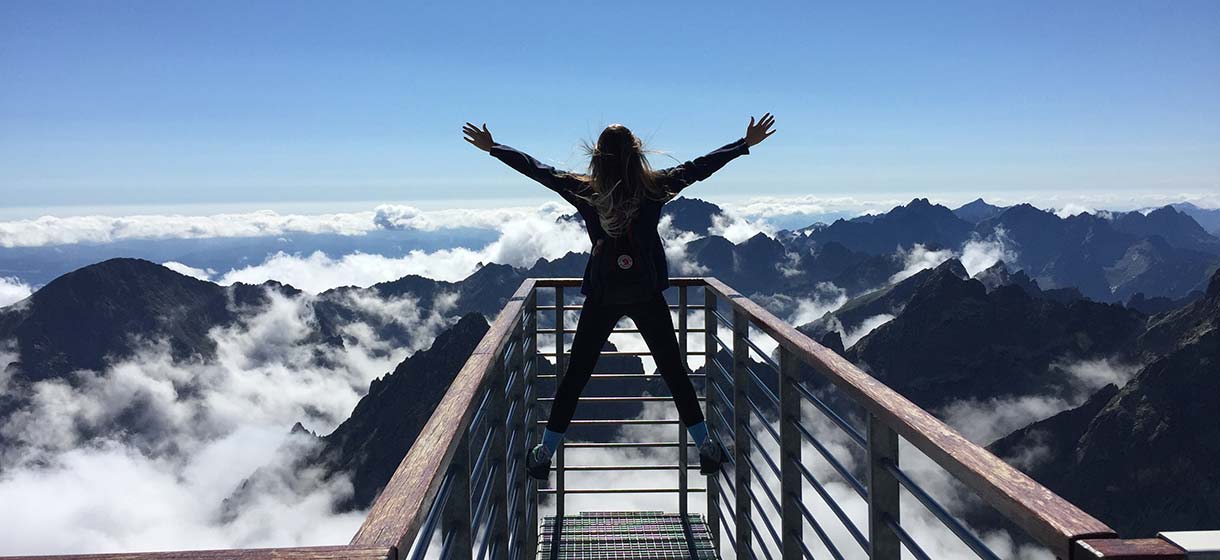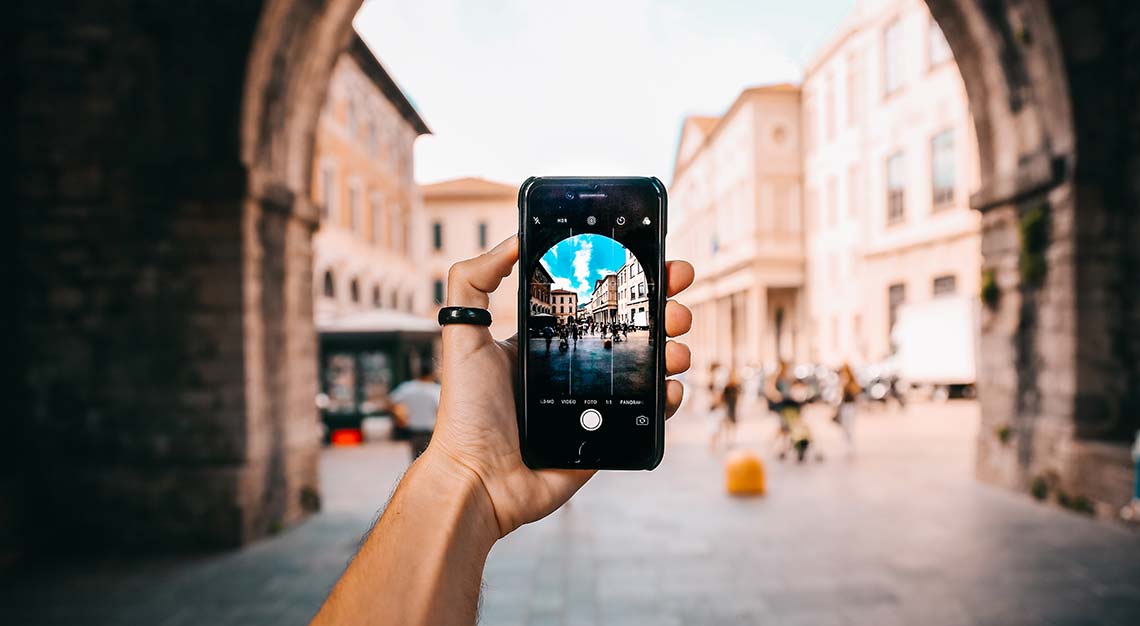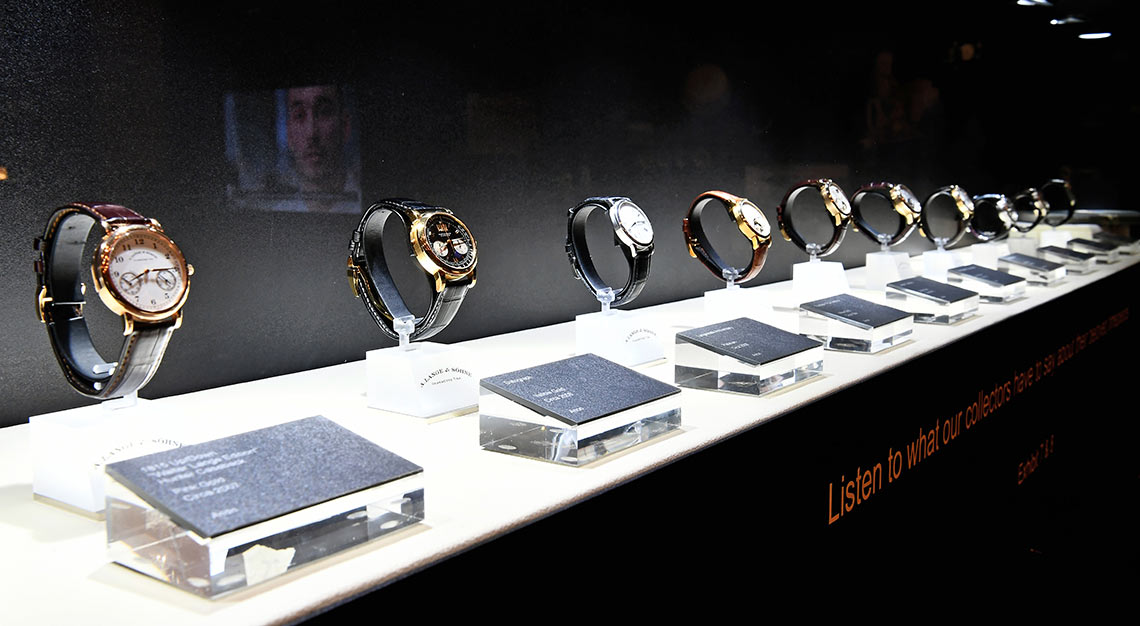Forget about highlining, BASE-jumping, heli-skiing or cave diving. If you’re looking for adventure, try spending a week without your mobile phone
If beads of perspiration are already forming on your brow and your heart is palpitating at the prospect of going a week without your smartphone, you may be among an increasing number of people who are suffering from a conspicuously 21st-century malaise.
Can it even be done in this day and age? Is it a challenge any of us would accept? How much fear and anxiety have to be overcome in order to achieve the objective? And could it possibly be more dangerous than throwing yourself out of an airplane with only a length and breadth of silk to prevent gravity from taking its grisly toll on your fragile endoskeleton?

The Studies Are In
If recent studies are anything to go by, the answer is a resounding ‘yes’ to the last question. So accustomed to our mobile devices have we become, and so attached to them in our hearts and minds, that their absence can lead to the kind of separation anxiety that most of us wouldn’t have experienced since infancy.
Those who indulge in dangerous sports and pastimes point to the adrenaline rush they experience at the prospect of doing something risky. Taking risks is something that has informed the human condition since the time we first stood up as a species and started to grunt, and has enabled us to progress up the food chain to the point at which we’re no longer concerned about being accosted by a sabre-toothed tiger or sat on by a woolly mammoth.
As a result, some human beings have invented ways of putting their lives at risk in the name of recreation, as though an innate need to experience the fear that characterised our ancestors’ daily lives can be invoked and acted upon in the name of life affirmation. As human beings, we are, by our very nature, fiendishly contrary. Daredevils and thrillseekers alike contend that they never feel ‘more alive’ than when they’re putting their mere existences in danger and subjecting themselves to the prospect of death. It makes sense to some.
If adrenaline rushes are not for you though, it’s still possible to be adventurous, and spending a week without a mobile phone could well induce the kind of excitement that studies have suggested can lead to fear, discomfort and heightened stress.

A Not-So-Smart Life?
Although yet to be classified as a specific mental disorder, being without a mobile phone for any length of time can be both alarming and daunting, leading to anxiety, heightened tension and even the fear of abandonment. It even has its own name: nomophobia. And like all phobias, it’s both real and irrational. Nevertheless, the symptoms seem to be common and invariably relate to the discomfort experienced when deprived of a communication tool and not having access to the information that we now take so much for granted.
Smartphones have become extensions of ourselves as we strive to personalise technology – an exercise that is, in itself, counterintuitive. Technology isn’t supposed to be personal. Isn’t it meant to conform to the modern world and make itself relevant to us? Should we be googling that question?

Convenience Is An App Away
The problem is that the smartphone developers and technological wizards who evolve the kind of apps that are designed to make our lives easier and better – ‘richer’ for serious want of a better word – are so much smarter than we are, creating desires and needs that perhaps did not exist, and catering to our predilection to have what we think most others have.
It’s time to take the plunge and invoke the spirit of adventure by going without your mobile phone for a period of time. If a week’s too lengthy and instantly induces arrhythmia, start off with a day and wean yourself progressively.
Imagine what life would be like when you have to be smart instead of your phone. You’d have to turn up for appointments and meetings on time, deprived of the resource to fire off a quick ‘running late’, ‘can we postpone?’ or ‘stuck in a hurricane’.
In terms of getting directions to the appointed meeting place, you may even have to ask a fellow being for help. When dining, and with no access to social media, you may get the opportunity to eat hot, unphotographed food that people in Guatemala will not be experiencing vicariously, and there is even the possibility of having to walk through the portals of an actual bank to check whether or not you’re balanced. It will be a battle, but the iClouds have silver linings and there is hope on the Verizon.
Studies have shown that a voluntary separation from your mobile device increases cognitive capacity, while being joined at the hip to your little pocket computer friend has negative consequences for transactive memory (the shared knowledge store).
Information Is King
Oddly enough, in studies conducted on nomophobia, surprisingly few respondents cited being stranded without a mobile phone as a major concern, being more fearful of running out of battery power. Lack of access to information was more of a worry than not being able to make and receive calls, which should tell us a lot about the world we have allowed others to create for us, a world in which a technological gadget has become a relationship partner upon which (or should it be ‘whom’?) we are dependent.
Whatever fears nomophobes experience, just know that these are meant to be overcome in a spirit of adventure that hopefully, will leave adrenaline junkies trailing in wakes. Who knows, it might even change lives.






